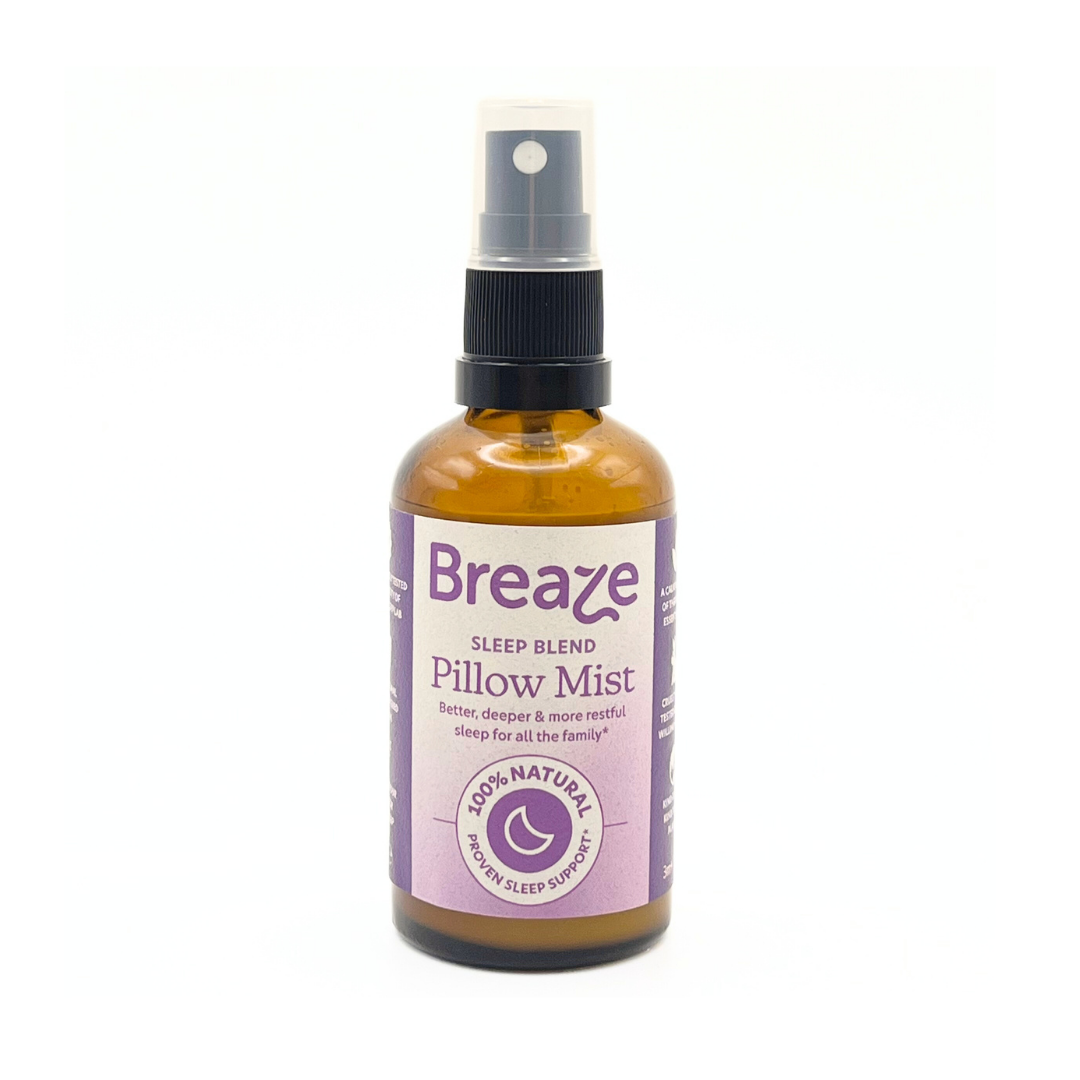The power of essential oils for hay fever - Clove Leaf
Whenever we develop a new product, every ingredient is extensively researched and selected for its scientifically-backed and longstanding use in traditional remedies.
Breaze Hay Fever support products are based on a functional aromatherapy formulation of 10 essential oils and botanical ingredients. Each plays an important role and together they’re proven to help you breathe easier and sleep better when hay fever and allergies strike.1
In this series, we take a closer look at our functional ingredients to explain the history, heritage and science behind each, and to show how it earned its place in our award-winning formulation.
Clove Leaf Oil Syzygium aromaticum

Clove essential oil holds a long and well-established position in traditional Chinese and Indian ayurvedic medicine and is also backed by modern scientific studies for its potential to treat a wide range of conditions from toothache and gum disease to diabetes2, cancer3, osteoporosis4, high blood5 pressure and prevention of stomach ulcers6
It can be distilled from either the buds or the leaves of the clove tree, with the buds producing a stronger, more potent oil and the leaves providing a milder, more versatile oil most suited to aromatherapy use.
Clove oil use can be traced back over 2,000 years to the Maluku Islands in Indonesia, where the clove tree is indigenous. The ancient civilizations of China and India were among the first to recognise and use the unique properties of clove as a natural antiseptic and anti-microbial for the treatment of wounds, dental infections and digestive complaints. Its therapeutic power lies in high concentrations of a natural compound called eugenol. Eugenol can cause allergic skin reactions and must be used with care to avoid irritation.

In modern medicine, eugenol and its synthetically produced derivatives are commonly used in treatments for mouth ulcers, digestive complaints and dental infections and pain. If you have ever used mouth ulcer treatments like Bonjela, the taste you’ll recognise is clove. In fact, one study found that eugenol extracted from natural clove was as effective as a synthetic version developed for use in modern medicines and ground clove is commonly used as a paste in developing countries to treat sore gums.
Clove gets its name from the Latin Clava or ‘nail’, due to the nail-like appearance of the dried clove bud. Its aromatic, warm, spicy smell is distinctive, and it’s widely used in cooking all over the world.
It’s included in the Breaze hay fever formulation for its natural antihistamine and anti-inflammatory properties. A 2005 study 7 found that when inhaled, eugenol can reduce inflammation and inhibit histamine and allergic responses in the airways.
Sources
1 Breaze user trial 2020 82% of users said that Breaze helped with hay fever symptoms
3 Anticancer potential of Syzygium aromaticum L. in MCF-7 human breast cancer cell lines - PMC
6 An Overview on the Anti-inflammatory Potential and Antioxidant Profile of Eugenol - PMC


